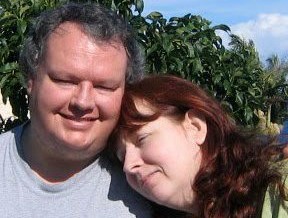What is Whole30?
Whole30 is a paleo diet without the caveman. It is based on the book, “It Starts With Food” by Dallas and Melissa Hartwig. It’s a 30 day body detox, transforming journey to better eating and health. A great description is here: (Whole30 description) The short version: Eat real food – meat, seafood, eggs, vegetables, fruit, good fats. Don’t eat sugar, grains, dairy and legumes.
What happens after the 30 days?
The Whole30 take on things is that we don’t necessarily want to eat this strictly for the rest of our lives, but we’re building a solid base and a safe place to come back to, if we get in trouble. It is probably the strictest interpretation of paleo out there, which makes it great for re-learning and adapting. But a lot of paleo folks do fine with adding some dairy back in or relaxing some of the other rules, and maybe having occasional treat days where we get to have our pancakes or pasta.
I think if you follow the Whole30 plan closely for 30 days, it won’t be the diet you want to keep the rest of your life, but you will have a much better idea what you want to try or adjust next. You can adjust the plan to add some foods that make you happy (like cream and cheese for me) or you can adjust the amounts to give more carbs, less carbs, more protein, or whatever.
Is Whole30 a low-carb plan?
It’s a naturally low-carb plan but not zero-carb… even within whole30 rules you can overdo it on sweet potatoes or fruit and not lose. You can track carbs pretty closely and have fruits only occasionally to keep carbs quite low, but perhaps after reaching your goal you might add more fruits back in. Even if you’re not trying to be low-carb and not trying to reach ketosis, you will probably get most of the benefits anyway, like not being hungry, and being better able to self-regulate by paying attention to those hunger signals when they come up. You can also fine-tune the plan depending on how active you are, whether you are building strength, etc.

